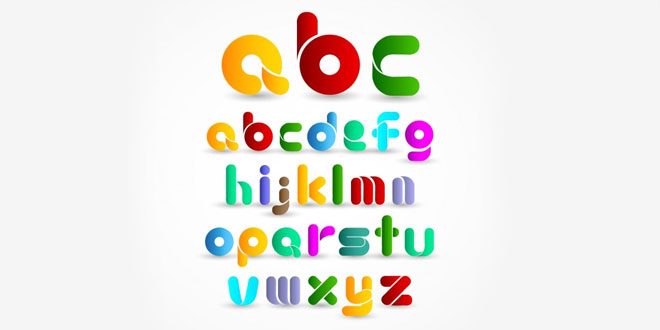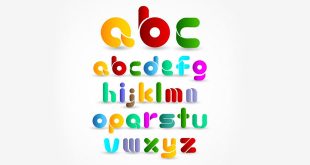Idiom Examples:
Animal Idiom Examples
Following are some animal idioms which are in regular use:
- Act like an ape – behaving badly, foolishly and wildly
- Bark up the wrong tree – selecting the wrong course of way
- In the doghouse – In disfavour or in disgrace
- Let the cat out of the bag – reveal something which is supposed to be a secret
- Monkey business – mischief or a bad activity
- Put the cart before the horse – doing things in the wrong order
Examples Of Idioms For Kids
Kids must be taught how and when to use idioms in English language as they tend to not only love learning new things but also do so faster than adults. However, you must always ensure that the usage is in the right context or else it could be quite a blunder. Here are some common English idioms:
- “Hat trick” – Scoring successively three times in a sport
- “Fill someone’s shoes” – Get someone else’s place.
- “The buck stops here.” – Taking up the responsibility for something, in place of finding fault in someone else.
- “The fat’s in the fire” – The damage is already complete.
- “A flash in the pan” – Something which looks like a huge success, but fails to work out.
- “Strike someone funny” – To appear funny to someone
- “In a pickle” – In an embarrassed or discomforting situation
- “The nick of time” – Just before time is up.
- “Pull the wool over someone’s eyes” – Trick or mislead.
- “Bite off more than you can chew” – Take on more than one can manage.
Idiom Examples In Poetry
Idioms in poetry are used in rhymes or possess rhyming words in themselves. Take a look at few of them:
- “A rolling stone gathers no moss” – Something which is in motion does not collect problems.
- “Curiosity killed the cat” – inquisitive about things can be risky.
- “Early to bed, early to rise makes a man healthy, wealthy and wise” – Healthy and good practices benefit your life.
- “A stitch in time saves nine” – Doing something in advance, saves having to do much harder work later.
- “A herd of elephants” – Noisy, obvious. Something which is not possible to overlook.
- “All bark and no bite” – A person who talks far more insistently than they act.
- “Finding your feet” – To gain self-confidence in what you are doing.
- “A world of their own” – Insular, completely isolated to the reality of others.
Examples Of Idioms in Prose
Prose is one field which has made the best use of idioms and there are many authors who find it simpler to explain situations with idioms. Read on the following few examples:
- “Get on one’s high horse” – Act with arrogance.
- “Hit the bulls eye” – Arrive at the most important point.
- “Lead a dog’s life” – Work hard and get treated callously
- “Live high on the hog” – Have the finest of everything.
- “Her bark is worse than her bite” – Someone’s words are worse than their act.
- “Bet on the wrong horse” – Misread the future.
- “Bull in a china shop” – A person with no diplomacy and one who disturb others or upsets plans.
- “Cat get one’s tongue” – Cannot speak due to nervousness
- “Every dog has his day” – Everyone will have his chance or everyone will get what he ought to have.
Regularly Used Idioms Examples
- Sting for – Cheating someone for a specific amount or making someone pay for something
- Scowl at – to make a frown to show the displeasure at someone or something
- Win hands down – to win easily
- An arm and a leg – plenty of money
- A lounge lizard – A man who spend plenty of money by meeting rich people, including women in social occasions.
- Plumb the depths – To experience great sadness or to scrutinize something in detail in order to elucidate it.
- Rolling in the aisles – Laughing loudly
- To pay through the nose – Paying money for something which is not worth that amount.
- To throw in the towel – To give up and stop trying
- To be one card short of a deck – A person being a bit sluggish or stupid
- Face the music – To accept the unacceptable results of an action
Idioms facilitate the effective usage of a language by maintaining the same subject and providing its hidden meanings. Making language colourful and richer, they convey subtle shades of meaning and intentions of a word. They make use of fewer words and convey more and provide an accurate statement for the occasion they are being used for – even more accurate than what literal meaning would offer. To master every language, you need to have a thorough knowledge of idioms in that language. It can help you learn about the culture of the community that speaks the language. Learning idioms means exploring the language to its maximum. And that, can never be a bad thing.
 Class Notes NCERT Solutions for CBSE Students
Class Notes NCERT Solutions for CBSE Students


